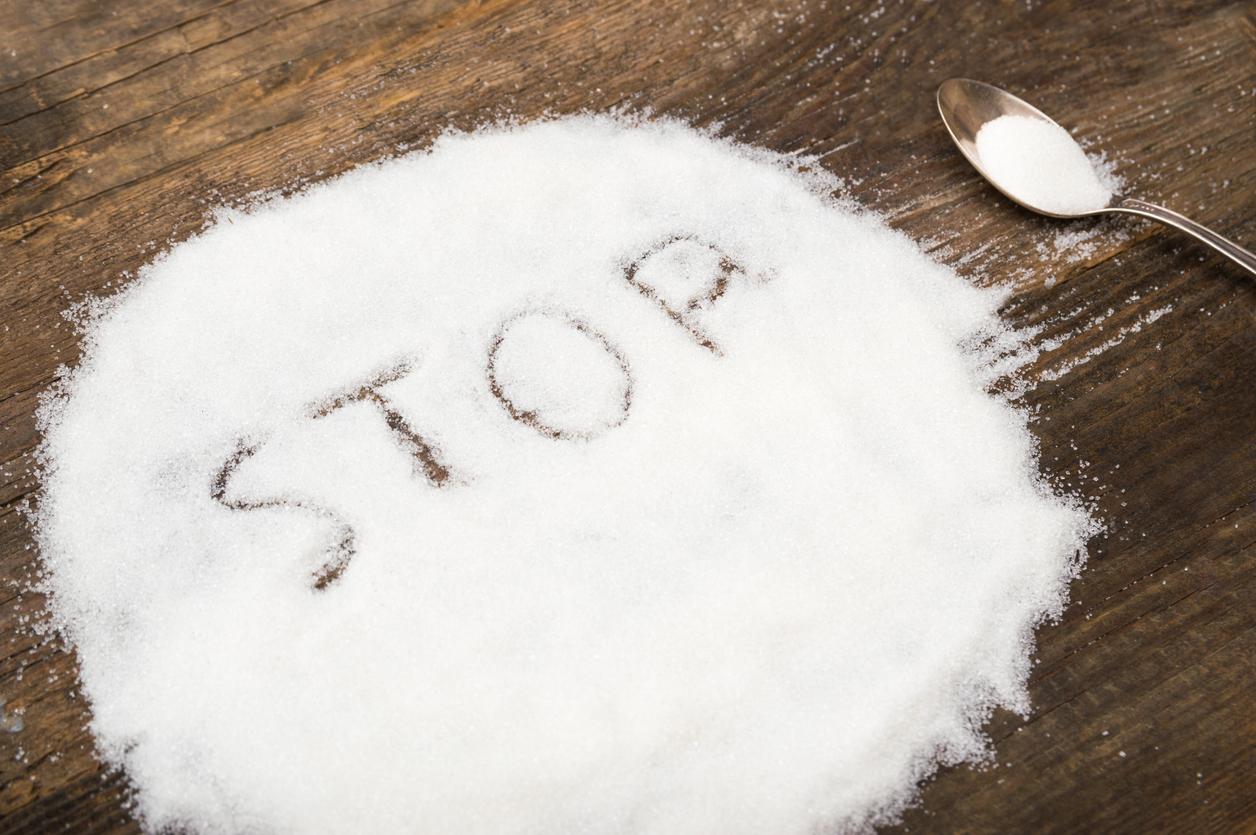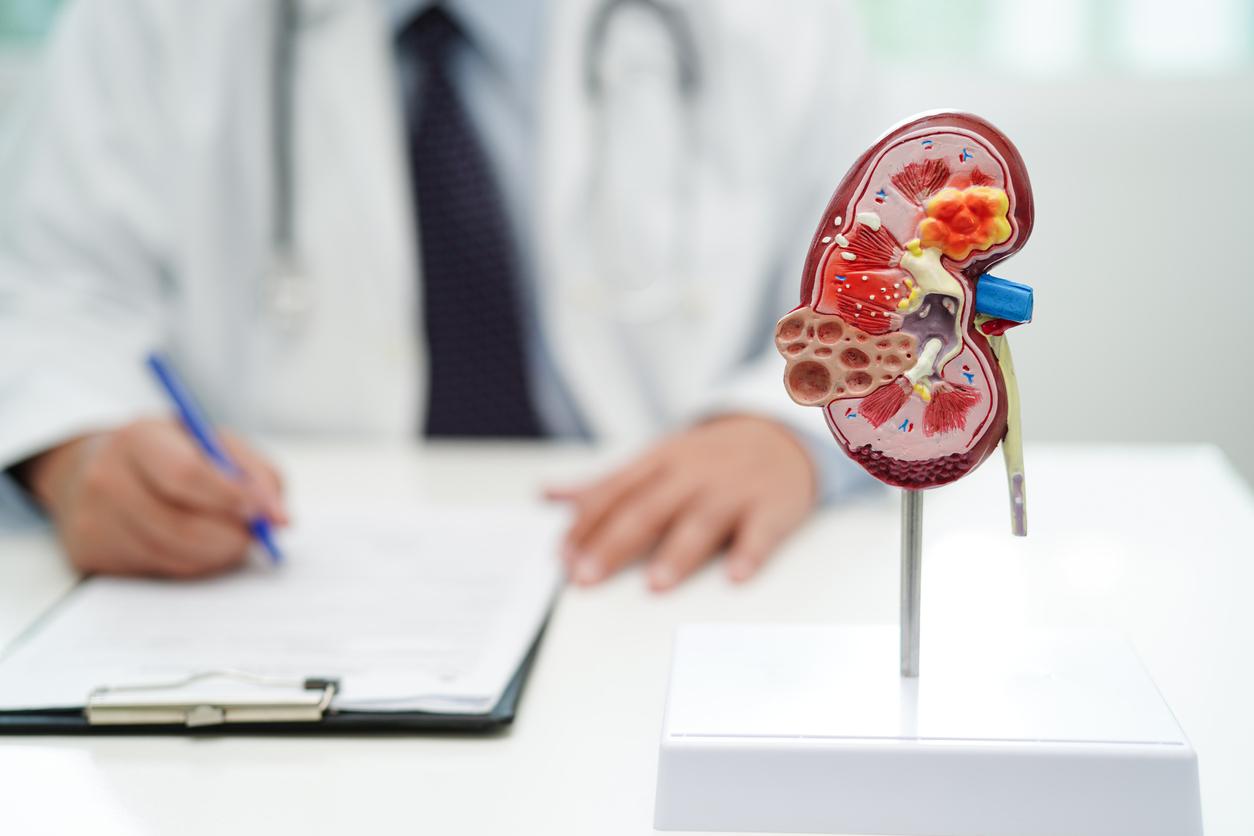” Trace elements are distinguished from mineral salts by their very low quantity in the human body. “, explain to us Jean-Noël Perin, pharmacist, specialist in oligotherapy (Laboratoire des Granions) at a conference on mental health and the power of trace elements held on June 29. The essential trace elements are barely 7 g for 70 kg. ” It’s very little, but without them there is no life possible. They participate in enzymatic metabolism, the synthesis of our hormones, immune defenses and the fight against oxidative stress. “.
The body cannot produce them itself. THE trace elements must therefore be provided by a varied and balanced diet or by specific products (drugs and food supplements).
” Oligotherapy can be useful to compensate for certain deficiencies, likely to lead to pathologies. This imbalance may be related to the pollutionalcohol consumption or poor diet adds the pharmacist.
A deficiency in certain trace elements can also explain certain depressive states or people in poor mental health.
There have never been so manydepressive states (10 to 15% of the French population, sleep disorders and mental health disorders than at present, emphasizes Jean-Noël Perin. About 9 out of 10 people are affected by stress in their daily life, which goes so far as to generate anxiety disorders for 2 out of 10 people.
Young people are no longer spared: a report by the High Council for the Family, Childhood and Age (HCFEA) points to the increase in psychotropic drugs in younger people.
The use of trace elements can be of great help to people who suffer from mood disorders and depression. Some act directly on the nervous system and emotional balance.
Stress: take a magnesium cure
It is found naturally in buckwheat, nuts, dark chocolate, wholemeal bread, lentils and dried fruit. Lack of magnesium leads to neuronal hyperactivity and amplifies stress and anxiety. It acts on energy metabolism, nervous system function, muscle function and psychological functions.
Zinc reduces symptoms of depression and boosts memory
Present in oysters, calf’s liver, ground beef, egg yolk, wholemeal bread or even cooked lentils, zinc is a cognitive stimulant with a positive action on memory and learning.
Also recommended against mood disorders, it acts against depression. A zinc imbalance can lead to neuronal death, which increases the risk of neuropsychiatric disorders.
Selenium, effective against postpartum depression
concealed in tuna, eggs, Brussels sprouts, herring or calf’s liver, selenium effectively protects cells against the effects of free radicals thanks to its antioxidant properties. Selenium is even more important during the winter season, conducive to oxidative stress.
Its protective role against postpartum depression was demonstrated by a study published in 2022 in Scientific Reports.
Lithium stabilizes nerves
According to several studies, prolonged and regular exposure to lithium, at very low doses via tap water, would prevent suicides, reduce anxiety, and even drug abuse or criminal violence. This trace element is said to have a stabilizing effect on the nerves and promotes good sleep.
Depending on the region, tap water contains between 0.1 and 171 micrograms (µg) of lithium per litre.
In the event of mental health disorders, health professionals, doctors and pharmacists, can advise personalized supplementation with trace elements.


















